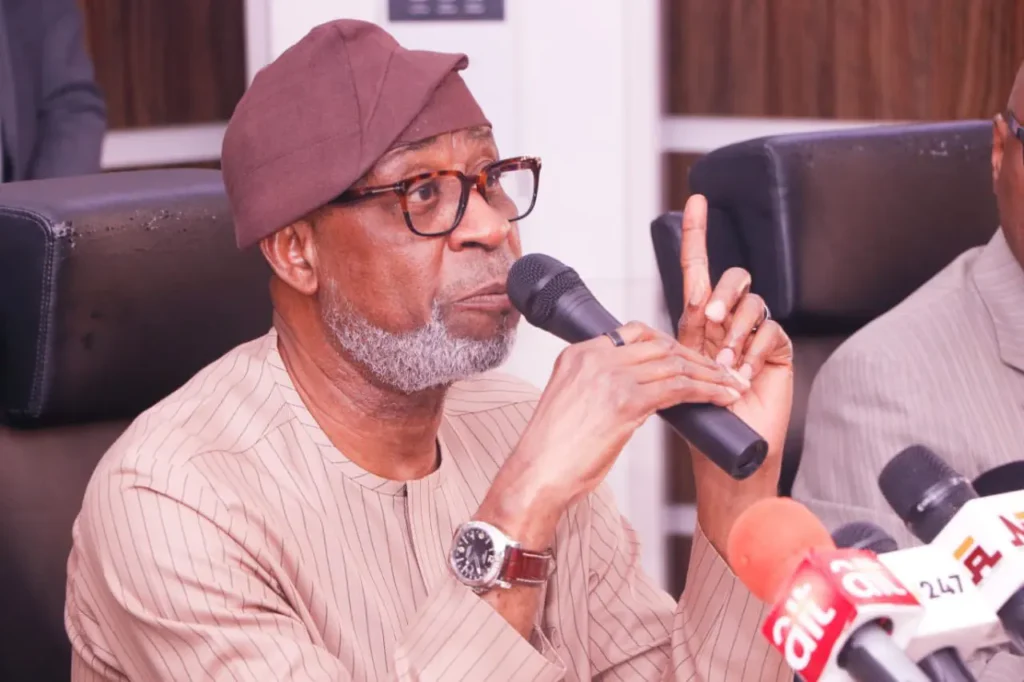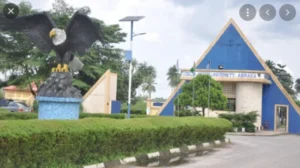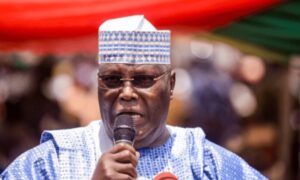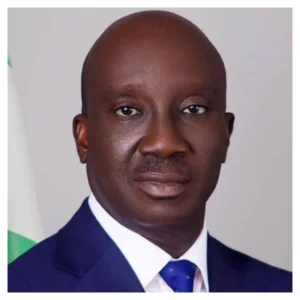The Nigerian government has seen a big rise in money coming into the mining sector. Dr. Dele Alake, the Minister of Solid Minerals Development, said that thanks to changes made by President Tinubu’s administration, over $800 million in foreign investment has come into the country’s mining industry.
This growth happened because the government introduced new rules that make sure minerals are processed locally instead of just being sent out raw. Also, getting mining licenses has become stricter, which helped attract serious investors.
In 2024, the mining sector made more than ₦38 billion. This is a big jump from the ₦6 billion made in 2023. What’s even more impressive is that the sector only got 18% of its ₦29 billion budget. This shows the reforms are working well.
Dr. Alake shared these details during an interview for a documentary marking President Tinubu’s two years in office. He said these reforms have made the mining sector more attractive to investors.
One example is a $600 million lithium processing plant near the Kaduna-Niger border, which is set to open soon. There’s also a $200 million lithium refinery near Abuja that is almost finished. Plus, two more processing plants in Nasarawa are expected to open before the third quarter of 2025.
These investments came because the government insists that no mining license is given unless there is a local processing plant. This new rule means Nigeria will no longer export raw minerals directly from the mines.
Dr. Alake explained that when the current government started, the mining sector made only ₦6 billion a year. By the end of 2024, it had grown to ₦38 billion, despite limited budget releases. This proves that the government’s policies are effective.
In the first three months of 2025, two government agencies related to mining made nearly ₦14 billion in revenue combined. The government is confident that 2025 will be a record year for the sector.
The budget for this year includes ₦1 trillion for mineral exploration. This money will be used to create internationally certified geological data, which is very important to attract investors.
Dr. Alake noted that Nigeria used to spend just $2 million on exploration. This is much less compared to other African countries like Sierra Leone, Côte d’Ivoire, and South Africa, which spend tens or hundreds of millions. Having good data is key to convincing investors to come.
Thanks to these reforms, Nigeria’s mining industry is growing fast, bringing more money and jobs to the country.







